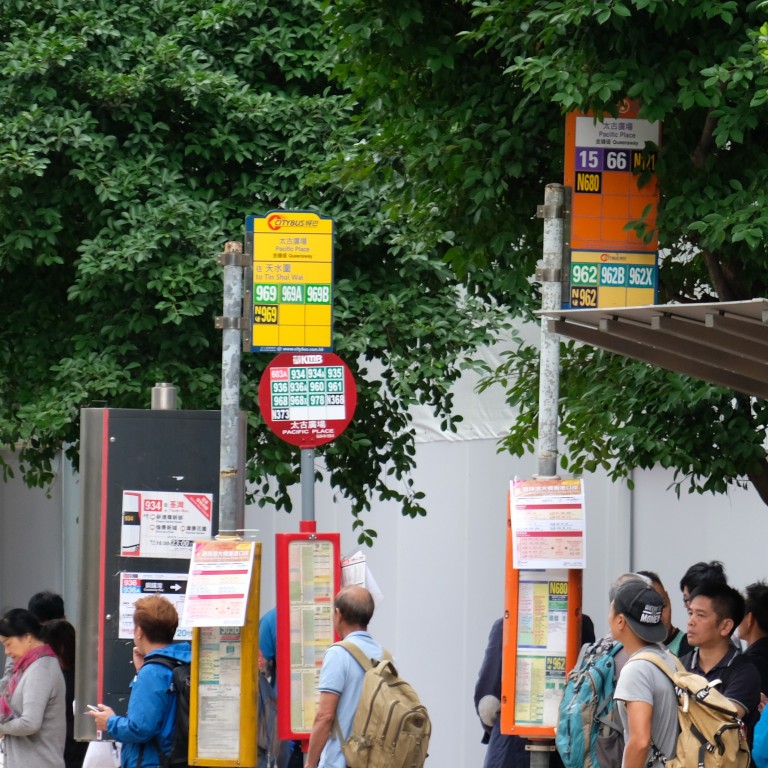
Time to act before another bus tragedy
- Safety measures recommended in the wake of two Hong Kong tragedies should be implemented as soon as possible and not be caught up in government red tape
The problems with public bus safety in Hong Kong were well known even before an independent review committee was appointed by the government in the wake of two fatal accidents over the past 17 months.
Credit goes to the committee for tabling a raft of proposals, which should give officials and bus firms a much-needed push to seriously address long-standing safety issues.
Measures such as installing seat belts and speed limiters are long overdue, as are proposals to reduce long working hours and turn guidelines into regulations.
Officials stopped short of rejecting some of them at first glance and are still awaiting further studies.
With many of the 45 recommendations being implemented, officials are keen to be seen addressing the issues with a sense of urgency. But whether they can effectively prevent further accidents is another matter.
Adding to the dismay is the government’s response to questions on accountability and punishment.
When asked whether the Transport Department had failed in its duty to supervise bus safety, transport minister Frank Chan Fan could only say the review focused on improvements.
The response inevitably gave the impression that officials are evading responsibilities.
Lessons have to be learned from yet another Hong Kong bus tragedy
As rightly criticised by the committee, the current legislative regime and the requirements of the franchises granted to bus operators have a wholly insufficient emphasis on safety.
Many of the measures taken by the department only came in the wake of the tragedies.
This is typical of government bureaucracy. More often than not, officials religiously abide by the mantra of “if it ain’t broke, don’t fix it”.
But the truth is that public bus safety has never been treated as a matter of priority. As noted by the committee, bus franchises are awarded from the perspective of operational efficiency rather than safety.
The situation may well have continued had there not been the two accidents to prompt an overhaul. Regrettably, 22 lives were lost – three in Sham Shui Po in late 2017 and 19 last February.
The recommendations must be followed up by bus companies and the government expeditiously.
The last thing we want is another tragedy to prompt further action.

